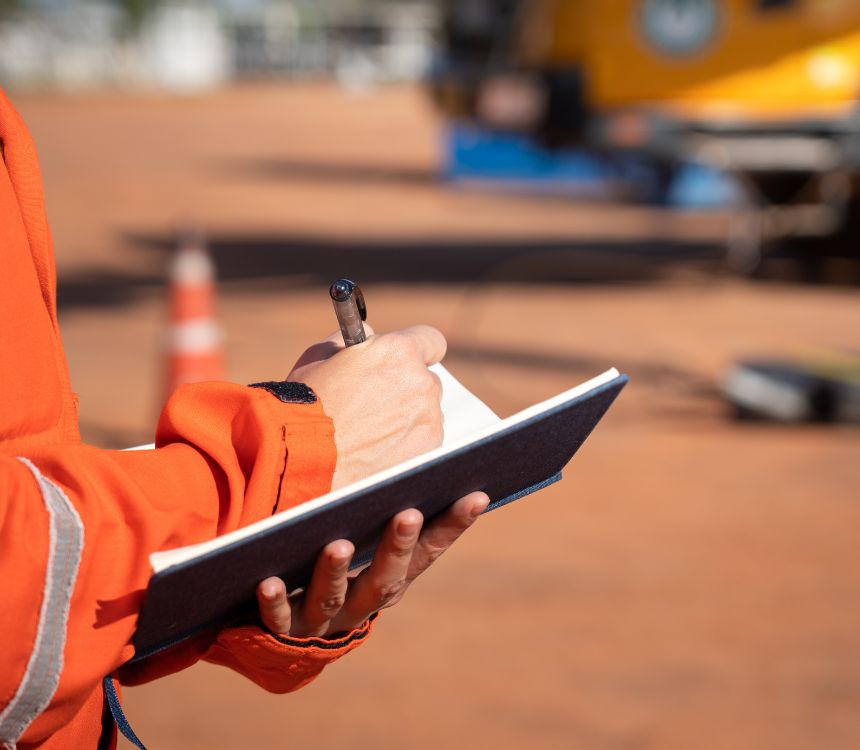For UK business owners, ensuring a safe and efficient gas system is critical—not only for legal compliance but also for the safety of employees, customers, and premises. A well-conducted commercial gas safety inspection can prevent potential hazards, keep operations running smoothly, and help avoid costly repairs or downtime.
To help UK businesses stay compliant and maintain high standards of safety, here are five essential tips for a successful commercial gas safety inspection.
1. Choose a Qualified Gas Safe Registered Engineer
When it comes to commercial gas safety, it’s crucial to work with a qualified professional who is registered with Gas Safe. In the UK, the Gas Safe Register is the official body for gas safety. Engineers listed here are certified to work with commercial gas appliances and systems, and they carry the necessary knowledge and experience to conduct inspections effectively.
Before booking an inspection, always verify the engineer’s Gas Safe ID and ensure they have the qualifications specifically required for commercial inspections. You can confirm this by checking their ID card or by searching on the Gas Safe Register’s website.
Why It Matters: Not only is it a legal requirement to hire a Gas Safe registered engineer, but qualified engineers are also more likely to identify potential issues early, ensuring your system meets all safety standards.
Learn more: Commercial Gas Certificate, Commercial Gas Engineers, LPG Gas Certificate and LPG Gas Safe Engineers.
Get the Commercial Gas Safety Certificate
Don’t wait until it’s too late! Schedule your next commercial gas inspection now to keep your business safe.
2. Prepare Your Gas Appliances and System for Inspection
Before the inspection, take some preparatory steps to help the process go smoothly. Make sure all gas appliances are easily accessible for the engineer, as this will save time and allow for a thorough inspection. It’s also helpful to clean the appliances and remove any clutter or obstructions around gas lines, meters, and other components.
Consider creating a checklist that includes:
- Clearing the area around gas appliances
- Ensuring all ventilation points are unobstructed
- Checking that gas meter rooms or cupboards are accessible and well-ventilated
Why It Matters: A clean and accessible environment ensures a faster, more efficient inspection and allows the engineer to thoroughly examine all necessary components without obstruction.

3. Regularly Service Your Gas Appliances
One of the best ways to ensure a smooth inspection is to maintain a routine service schedule for all commercial gas appliances. Regular servicing not only extends the life of your equipment but also helps prevent potential issues from becoming serious, costly problems.
Many businesses schedule servicing biannually or annually depending on their usage and the type of appliances. Working with the same Gas Safe registered engineer for both servicing and inspections can be beneficial—they’ll become familiar with your system and can easily track and address any recurring issues.
Why It Matters: Regular servicing reduces the likelihood of failures or unexpected repairs during the inspection and helps keep gas appliances in optimal condition, contributing to energy efficiency and safety.
4. Understand the Legal Requirements for Commercial Gas Safety
In the UK, businesses must adhere to certain legal regulations regarding gas safety. The Health and Safety at Work Act 1974 mandates that employers ensure the safety of their staff, while the Gas Safety (Installation and Use) Regulations 1998 requires that all commercial gas appliances are maintained in a safe condition. Compliance with these laws is essential not only for legal reasons but also for the welfare of anyone on the premises.
Familiarise yourself with the legal requirements specific to your industry. Keep records of all inspections and servicing as these documents may be required in the event of an audit or incident. Regular inspections not only fulfil legal requirements but also provide peace of mind that your business premises are safe.
Why It Matters: Staying compliant with UK gas safety regulations can prevent legal consequences and demonstrates a commitment to workplace safety. This also reduces liability risks in case of any incidents related to gas appliances.
5. Schedule Inspections in Advance to Avoid Disruptions
Timing is essential when it comes to commercial gas inspections. Waiting until the last minute can lead to rushed inspections and unanticipated downtime. By scheduling inspections well in advance, you have the opportunity to plan around business operations, minimising any disruption to daily activities.
Most businesses find it effective to schedule inspections during off-peak times or outside of regular business hours. Additionally, setting up reminders for future inspections can help maintain a consistent safety check schedule, ensuring that your business remains compliant and prepared.
Why It Matters: Advance scheduling prevents last-minute disruptions to business operations, ensuring a smooth inspection process without compromising on quality or safety.
The Bottom Line
A successful commercial gas safety inspection in the UK requires preparation, regular maintenance, and understanding the legal requirements. By following these five tips—working with a qualified engineer, preparing for the inspection, regularly servicing your equipment, staying informed of UK regulations, and scheduling in advance—you’ll ensure your commercial gas system is safe, compliant, and ready for use.
Whether you’re a restaurant owner, a property manager, or an industrial facility supervisor, taking these proactive steps will keep your operations running smoothly, prioritise safety, and help avoid costly repairs or disruptions.
Further Reading
Commercial Gas Safety Certificate Near Me: What Businesses Need to Know
Is a Gas Certificate Compulsory for a Commercial Property?
Who is Responsible for Gas Safety Certificates in Commercial Properties?
What Certificate Does a Commercial Landlord Require for Gas?
How to Obtain a Commercial Gas Safety Certificate for Your Property
Commercial Gas Safety Certificate Costs: What Businesses Need to Know
What is the Validity of a Commercial Gas Safety Certificate for Businesses?
Do I Need Gas and Electrical Certificates in a Commercial Unit?
Understanding the Commercial Catering Gas Safety Certificate Law
Who Needs a Commercial Gas Certificate?